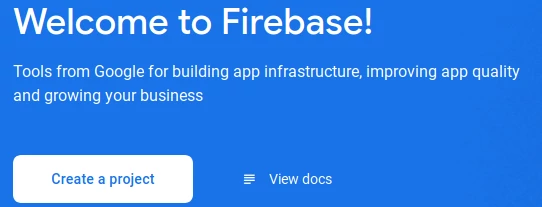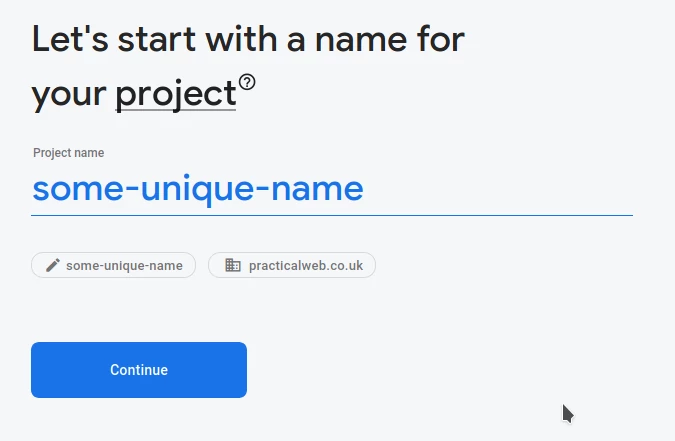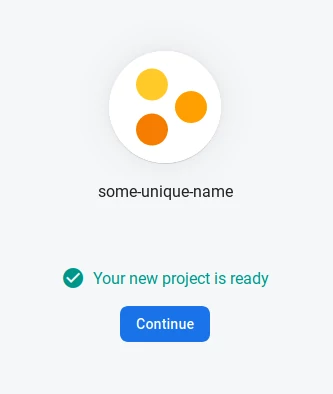Firebase Hosting
Website developers (like myself) often end up with a few websites we support - whether these are promoting a business, running a blog, for a side project, or a site for a friend or hobby.
Since these are often low to no budget and can’t be prioritised for work at busy times they need to be
- cheap
- low maintenance
- easy to set up
- blazingly fast
I have found Static Site Generators (I like Hugo) to be excellent for these sites as they are fast to update when I want to, highly configurable, and yet require zero maintenance when not being updated.
Static sites combined with Firebase hosting (and it’s use of CDNs) make for a very fast website.
Google’s Firebase doesn’t have a high profile but I found it to be a near perfect platform for this type of site.
What’s so Good About it?
While it is a paid platform - fees only kick in once you reach a threshold
Hosting is free up to 360Mb per day
You can use a custom domain if you have one at no extra charge - you even get an ssl certificate.
As well as static hosting you can run cloud functions and use their Firestore database.
Limitations
This isn’t a virtual server, you can’t run WordPress or Drupal here
It’s not all point and click - you do need some command line tools to run it.
Advantages Over AWS
Amazon Web Services are hugely popular and I think many developers (myself included) are tempted to just use AWS because that’s what “everyone” does and it seems like experience there would be useful.
I did try to setup a similar service there using S3, Cloudfront, and Lambdas
But that’s the thing - I had to use several services and glue them together. I needed Lambdas just to set headers
Even adding directory indexing was difficult and I ended up using ugly urls instead.
With Firebase everything pretty much worked out of the box - and things I wanted to fine tune were easy to setup with the config file firebase.json
How to Set it up
I’m going to assume you have a static site already - or you can just create a hello world index page to test with.
Assuming you have a google account
Sign into the firebase console
Really just click on create a project and follow the instructions there.
It’s so easy it isn’t worth writing up - except I’ll do it anyway because otherwise you’ll imagine it is more complex than it is.
Create a Project

Give it a name

It has to be a name unique among all global Firebase instances (not just among yours) If you use a name someone else has used Google will append a random string to it
The name will be used as the project name in your Firebase dashboard and also as default hostname using the domains web.app and firebaseapp.com
e.g. some-unique-name.web.appYou can add a custom domain later
Choose whether to enable Google Analytics

I have never used in on a project because I prefer not to have a cookie banner but it’s there if you want it.Wait a few moments till the project is ready

Follow the steps (Google will walk you through this)
navigate to or create a root directory for your web app
npm install -g firebase-tools firebase login firebase init firebase deploy
That’s it - your site will be live.
Whatever html/css/js/images etc you had in the directory you defined as your web root will now be on a live server
To edit this site change the contents of your folder and run firebase deploy again.
The nice things about this are that
Updates are atomic : the files are synced and then Firebase flips over to the new site when ready.
Rollback is trivial : a release history is retained and you can roll back to any earlier release at the click of a button (how many old releases you store is configurable)
Going Further
I’ve found Firebase to be well documented and new features are being actively developed.
As well as using Firebase for static hosting I have used it with its Cloud Functions and Firestore database - those are great too -but there is more to learn.
The really amazing thing about Firebase hosting is just how easy it is.
and for sites like this I haven’t paid a penny.
Google seem to have marketed Firebase as a mobile app solution - and it looks great for that - but it also works perfectly for a Static site with Cloud Functions and a NoSQL database and minimal setup.